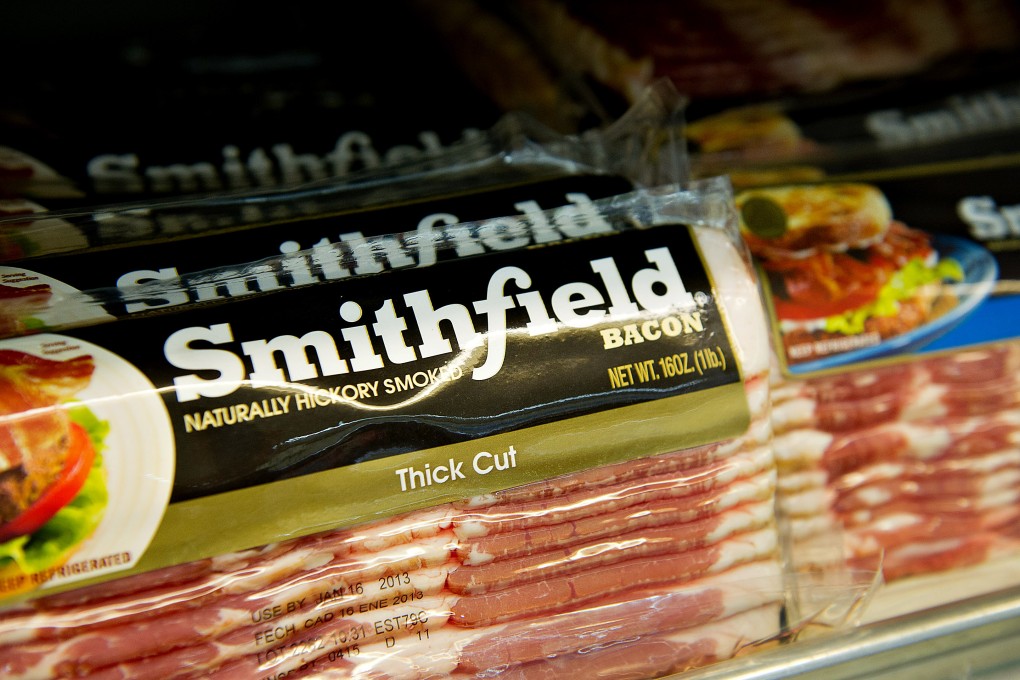US should approve Smithfield Foods purchase
Shuanghui International's pending US$4.7 billion purchase of America's Smithfield Foods, the world's largest pork producer, does not involve sensitive areas like cutting-edge technology or telecommunications.

Shuanghui International's pending US$4.7 billion purchase of America's Smithfield Foods, the world's largest pork producer, does not involve sensitive areas like cutting-edge technology or telecommunications. Nor is it a state enterprise, but a holding company that controls China's largest meat processor and plans to list the combined company in Hong Kong. Its shares are roughly half owned by a group of investors including Goldman Sachs and Temasek Holdings, Singapore's sovereign wealth fund. So its profile does not appear to trigger strategic concerns about Chinese investment in the US. Moreover, not long after the deal was announced the annual Sino-US strategic economic dialogue agreed to restart stalled talks on a treaty reducing barriers to more investment in each other's economies. The political environment was, therefore, looking positive. But such optimism does not reckon with public unease out of all proportion to China's presence in the US, and lawmakers' concerns about American food security and technology transfer.
Smithfield has faced some tough questions in congressional committees, some inspired by sectoral and vested interests, and the government's Committee on Foreign Investment says it wants another 45 days to review the deal. The latest query raises fears about the impact on America's domestic supply of heparin, a blood thinner used in medical treatments. Crude heparin is a byproduct derived from pig's intestines. The US already gets 80 per cent of its heparin supplies from China. Lobbyists are arguing that the deal could enable China to monopolise and manipulate supplies of the blood thinner.
Pork may be a matter of national security in China, where it is a staple food, but in the US? The size and volume of Chinese acquisitions of American companies is increasing, and a recent survey found that 51 per cent of Americans believe China poses the greatest threat to the US economy. But China still did not rank among the top 20 nations for foreign direct investment in the US last year. Ever since the US$18 billion CNOOC bid for oil firm Unocal foundered on political opposition, Chinese firms have found it difficult to buy just about anything in the US apart from property. When lawmakers resort to raising complaints like the blood thinner scare it is easy to ridicule them. But they should be mindful that if this friendly deal between two private companies collapses, that will cast a shadow over future Sino-US political and business ties.